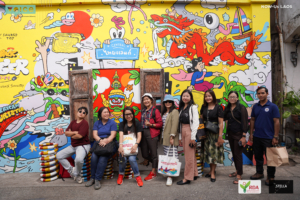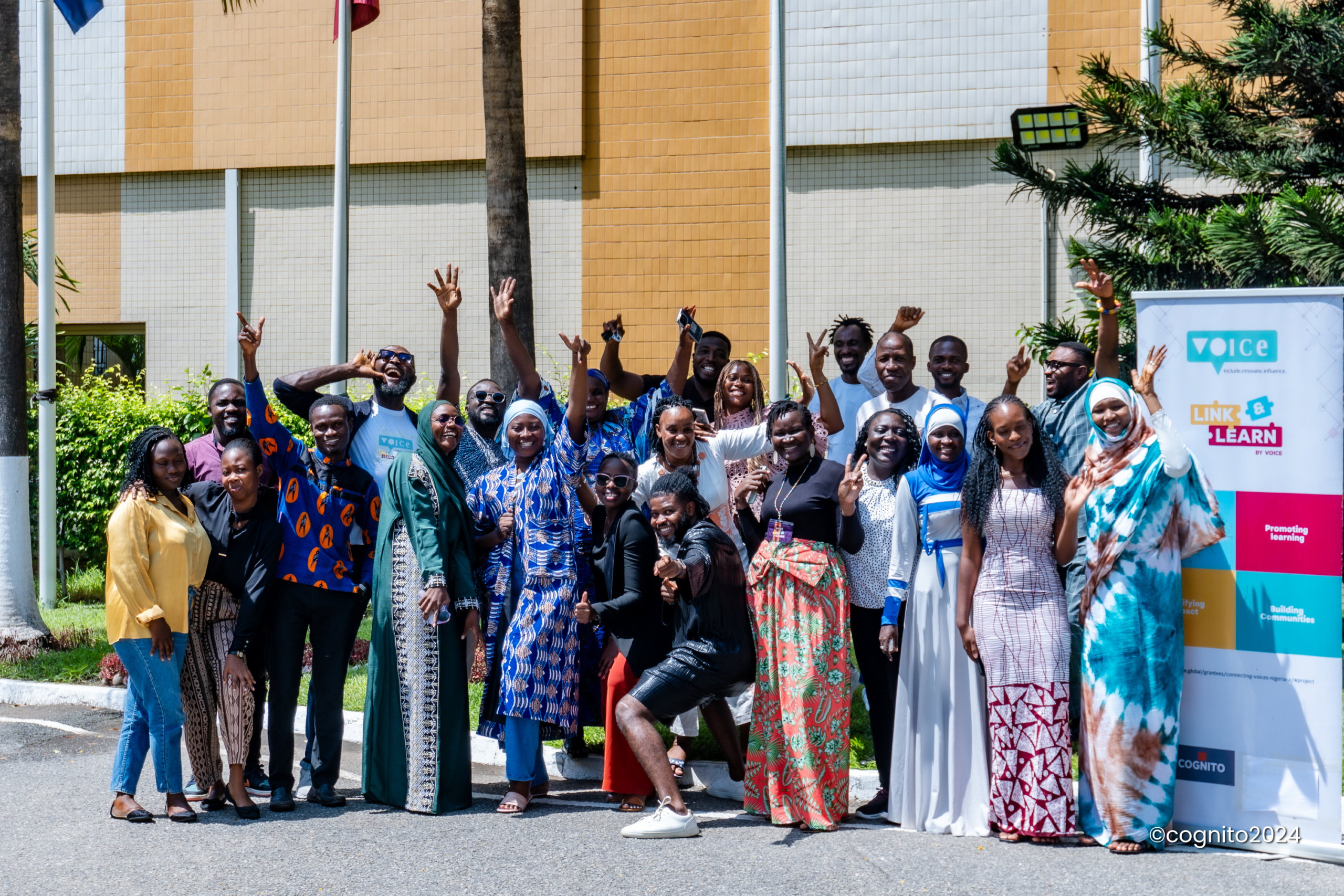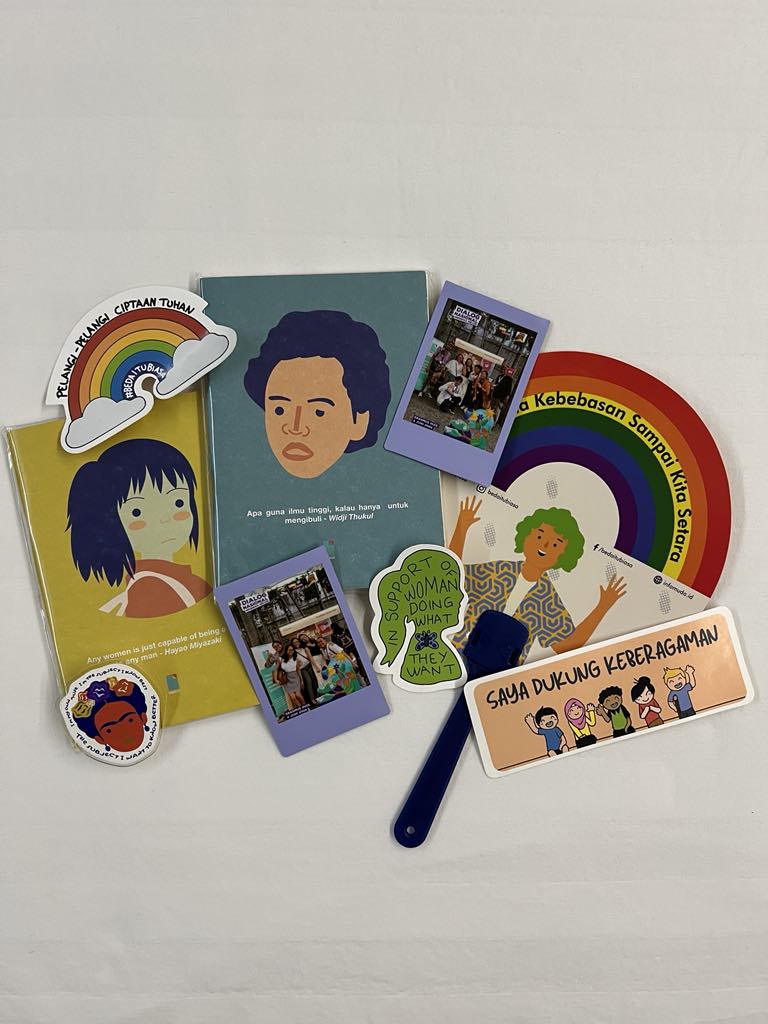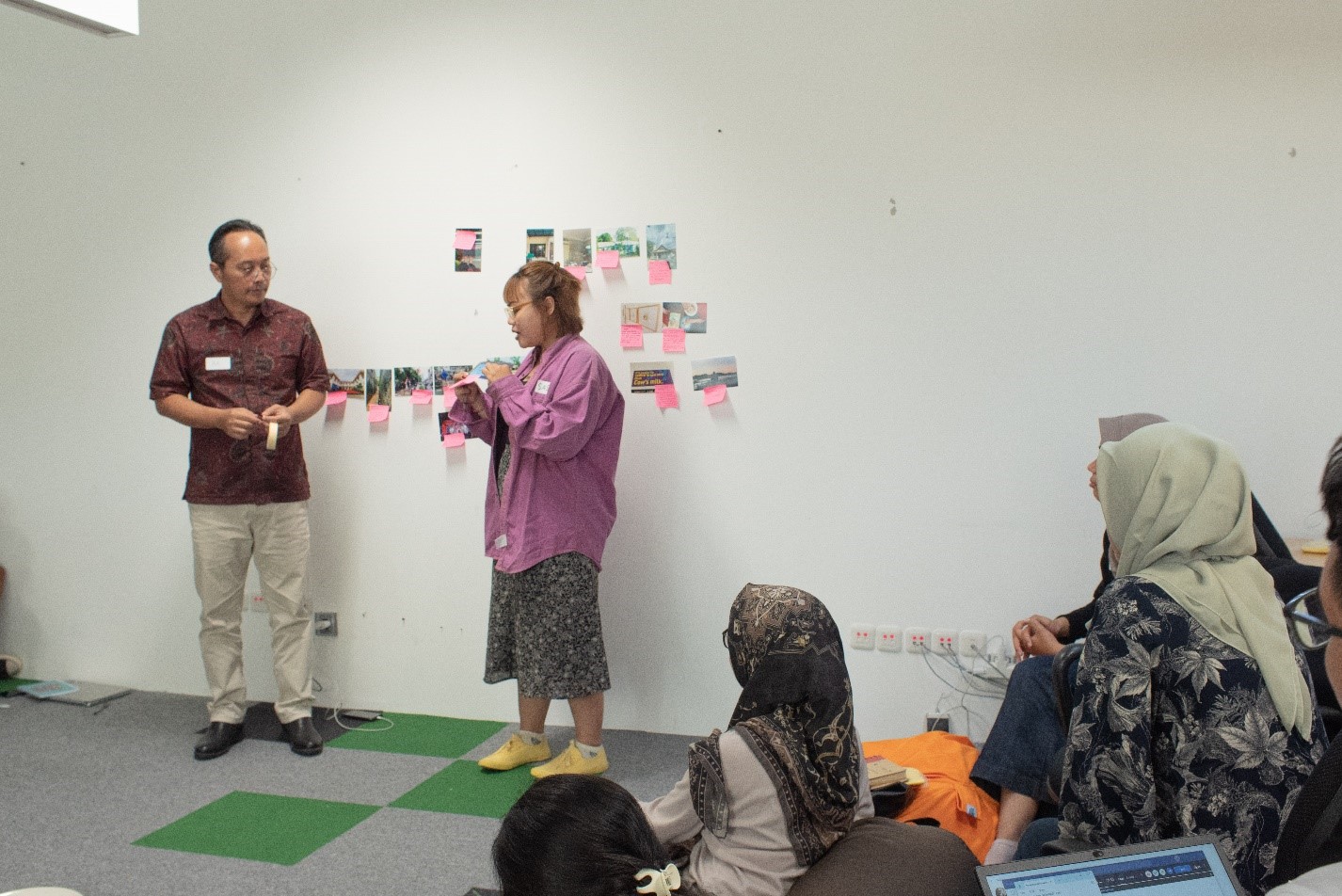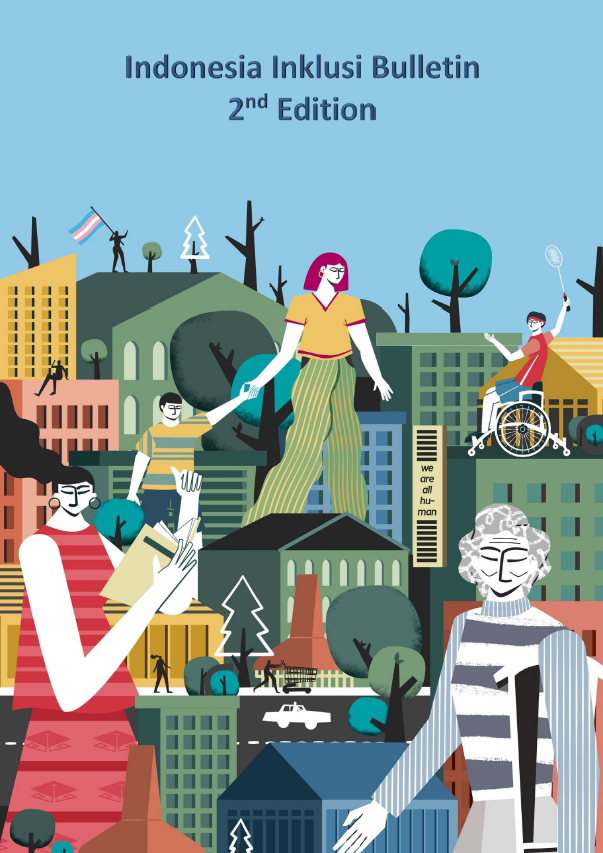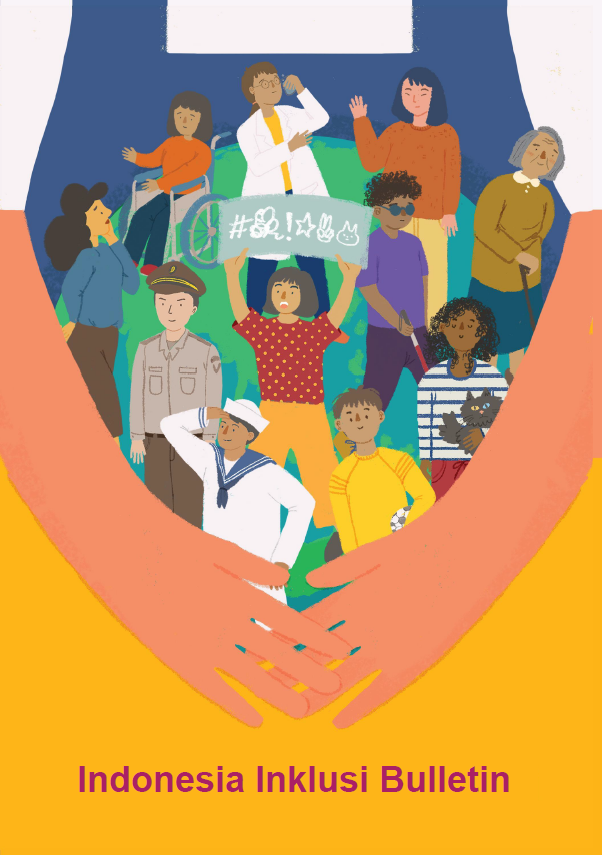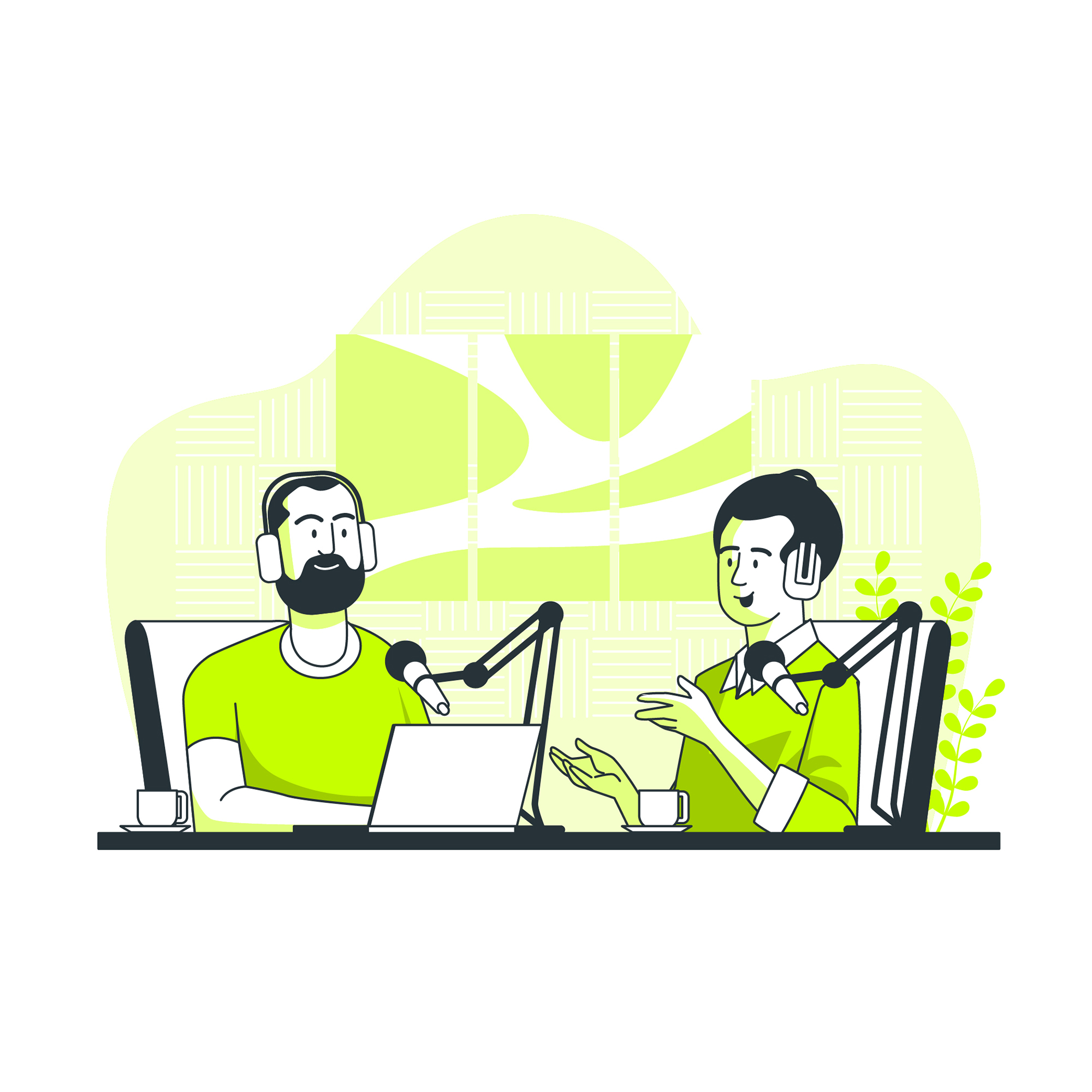Regional Knowledge Exchange: Winning Together
by Saophorn Phoeng, Linking, Learning & Amplifier Officer, Voice Cambodia, and Thena Posysenthong, Linking, Learning & Amplifier Officer, Voice Laos
What a way to wrap our 2023! Voice grantee partners and rightsholder groups from South East Asia concluded a regional Knowledge Exchange with the theme “Winning Together” last 01-02 December 2023 in Bangkok, Thailand. Knowledge Exchanges are one of Voice’s co-created spaces with grantee partners that aim to tackle with depth topics of interest and trends observed throughout the grantee partners project implementation. These insights and information are gathered through other processes within Voice such as grantee partner reporting, monitoring visits, Linking & Learning evemts, among others.
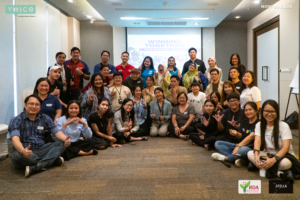
In this recent regional event, a vibrant exchange of ideas emerged around intersectionality, amplifying marginalised voices and needling through artistic ecosystems and approaches. Throughout the workshop, the participants engaged in dynamic discussions on how to interpret and practice intersectionality, understanding it better in relation to inclusion. Below are key points and responses on the learning questions tackled during the exchange:
“How can intersectionality contribute to strengthening rightsholders’ understanding and practice of inclusion?”
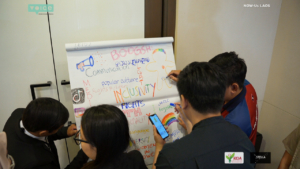
- The participants realised they had much more in common. They learned how to understand each other better and themselves by sharing their perspectives and collaborating. They also recognised that art, such as dancing, can illustrate commonalities in how we experience discrimination and foster inclusivity during the process. When we come together and share our thoughts and experiences, it helps us learn about each other. We realise we have much more in common than what sets us apart. There is a fundamental similarity in how we think about inclusion and ensuring everyone feels respected, no matter who they are.
- The initial step is recognising these requirements, voicing them, and cooperating. As a result, intersectionality gives them voice and helps them realise their rights, which in turn empowers them.
- They emphasised the importance of recognising the diverse needs of different groups and promoting a safe space where people can discuss their ideas and needs. By working together and raising awareness about discrimination and stigma, the participants are encouraged to fight for the rights of all individuals, regardless of their identity. Through collaboration and sharing ideas, we can better understand ourselves and each other, leading to increased confidence and a sense of collective empowerment.
- Co-creating spaces for peer-to-peer learning to break down barriers, find a common language and open spaces that help recognise opportunities, making it natural for them to stand up for their needs and rights. Intersectionality is not linear or rigid. Intersectionality is a process typical to everyone, getting familiar with specific contexts.
- We value diversity and seek to understand the challenges faced by different groups. We aim to create a safe environment where people can share their ideas and needs through discussions. By sharing experiences and perspectives, Communities of Practice can focus on local, national or regional issues using an intersectional approach.
- The workshop highlighted building a more inclusive and equitable space by embracing diversity, sharing ideas and collaborating.
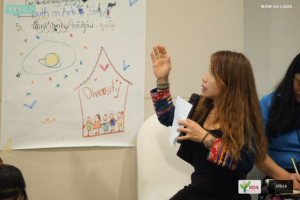
“What creative approaches do you use or explore around advocacy, campaigning and movement-building?”
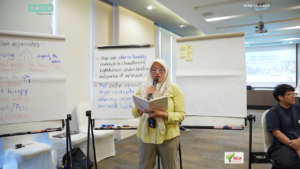
- Intersectionality, inclusion and empowerment through collaboration and art: Dance is a beautiful way to unite people and be heard. No matter who you are, you have something important to contribute. We could also use visual storytelling to shed light on important issues like making public spaces accessible. Additionally, social media allows us to share impactful messages, series of short films, and amply frequent campaigns and online resources to ensure knowledge is accessible to all. Workshops are also great for connecting and learning from each other, while music has healing properties.
- Our approach is to use dance in the communities where we operate. We can magnify all voices, regardless of identity. Also, the use of photovoice technique to campaign for problems such as inclusive public areas for deaf people. More importantly, we can serve as role models for others by expressing ourselves in society in various fields, such as sports and social work. We can also create platforms like podcasts, other media, and visual arts like painting to document and showcase our work.
- Interestingly, art therapy can be a powerful tool for empowerment, especially when addressing discrimination. We can also support individuals in advocating for their rights and raising their concerns with local authorities. It’s essential to create safe spaces for advocacy and campaigning.
- When working with young people, we can focus on social media and ensure engaging and fun activities. Telling stories of rightsholders raising their voices against local authorities can inspire others. Solidarity and raising collective voices are vital to creating a stronger collective voice to achieve a wider reach.
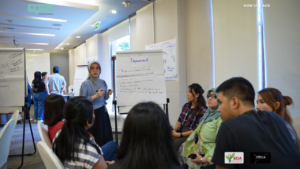
Meanwhile, here are some feedback and reflection shared by some of the participants:
“Our community members have been sharing their knowledge generously with each other, putting valuable ideas, insights and creative approaches. Through this knowledge exchange, I have understood that it should be a space that is both intersectional and inclusive. I am particularly interested in exploring the field of art therapy, and I have been inspired by how our community advocates for inclusive voices. By learning new skills, I hope to be able to contribute to and support my community.”
– Narom Chhuon from the Community of Practice Diverse Women.
“I appreciated how our facilitators conducted the session with inclusive games and high energy. I found it helpful for my sign language class, and I plan to practice what I learned with my students. Additionally, I gained a lot from the space and the sharing experience.”
– Kimhorn Eang, a deaf teacher from Sign Language for All.
“I had a great experience interacting with colleagues and sharing my experiences with people across borders. I sincerely appreciate art and drawing, mainly for advocacy and raising awareness for disabilities. I have noticed that making videos is a more inclusive approach, and I continue to work on it, as it allows deaf people to access information and knowledge. I have learned a lot from the deaf communities in Laos and Vietnam about their work and efforts toward building a solid movement.”
– Maly Korn, Project coordinator from Sign Language for All.
“Our deaf colleagues from Cambodia, Laos and Vietnam have greatly inspired me. They have generously shared their experiences, insights, facilitation methods, and movement-building approaches with me. I also deeply admire the connections and peer-to-peer exchanges I have made with other Voice grantee partners and rightsholders who have helped me expand my knowledge on diversity, inclusion and intersectionality.”
– Maing Lean, Media coordinator from Conserve Indigenous Peoples Languages Organisation (CIPL).
“For me, this knowledge exchange fosters meaningful connections through conversations that address intersectionality and inclusivity, and spark collaborations. A field visit has also allowed me to see and observe how the application of art advocacy can inspire and broaden my views. When the grantee partners and rightsholders came together to share their experiences in partnership- and movement-building, the trust among each other started growing. They became more open in sharing small wins, tackling challenges and binding collective approaches.”
– Saophorn Phoeng, Linking, Learning and Amplifier office for Voice Cambodia
“Participating in the Regional Exchange made me very impressed and it inspired me to do something more to our better society. We will keep voicing out through dance and I believe that when we strive to become better than we are, everything around us becomes better, too.’’ – Sibungon Vongsa, a project assistant, Fanglao.
“Sometimes you win, sometimes you learn. Just be strong, you never know who you are inspiring.”
– Sitthadeth CHAMPASITH, Founder, Skillbender
“’As the lead Linking and Learning Facilitator of Voice in Laos, I enjoyed the knowledge exchange event in Bangkok as I had tried new thing: recording the event minutes in visual form. It was new for me and it took a lot of courage to volunteer myself for the job as I was worried if I could do the work or not. Seeing how others did it and doing it yourself are completely different things. By the end of the day, I was glad I volunteered as I learned so much from that experience and have new-found respect visual recorders. With further reflection, I see this as a part of the spirit of Voice: to create change and contribute to the betterment of others, you need to start doing something new. The willingness to try is the key to the lock of self-doubt. And I am glad that I reluctantly volunteered for the job.” –
Khouanfa Siriphone, Creative Director & Co-Founder, STELLA
‘’This is the first time for RDA to be the event organiser of a Voice Knowledge Exchange. This event was challenging as it is a regional event outside Laos. It went very well and there were fruitful outcomes in terms of content on intersectionality sharing and contributions which can be applied within our organisation. Thank you to VOICE for this opportunity, and sending our thanks to our Thai partner, Toward Organic Asia.’’
– Chanthalangsy Sisouvanh, Director, Rural Development Agency
The conversation was resonant , connections were forged and collaborations were sparked by strengthening regional networks and sharing expertise and good practices. Breaking down silos and fostering collaborations and partnerships can lead to innovation, harmonisation, prosperity, and furthering the goal of Nothing About Us without Us or NOW-Us! It will allow us to pool resources, knowledge and experiences, leading to innovative solutions that can benefit everyone. Let’s seize these kinds of opportunity!
